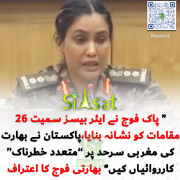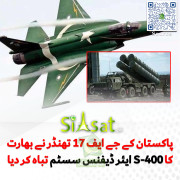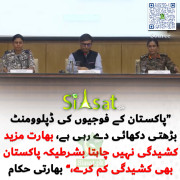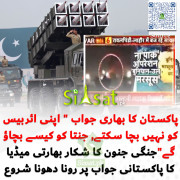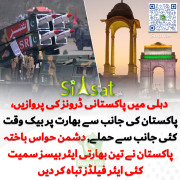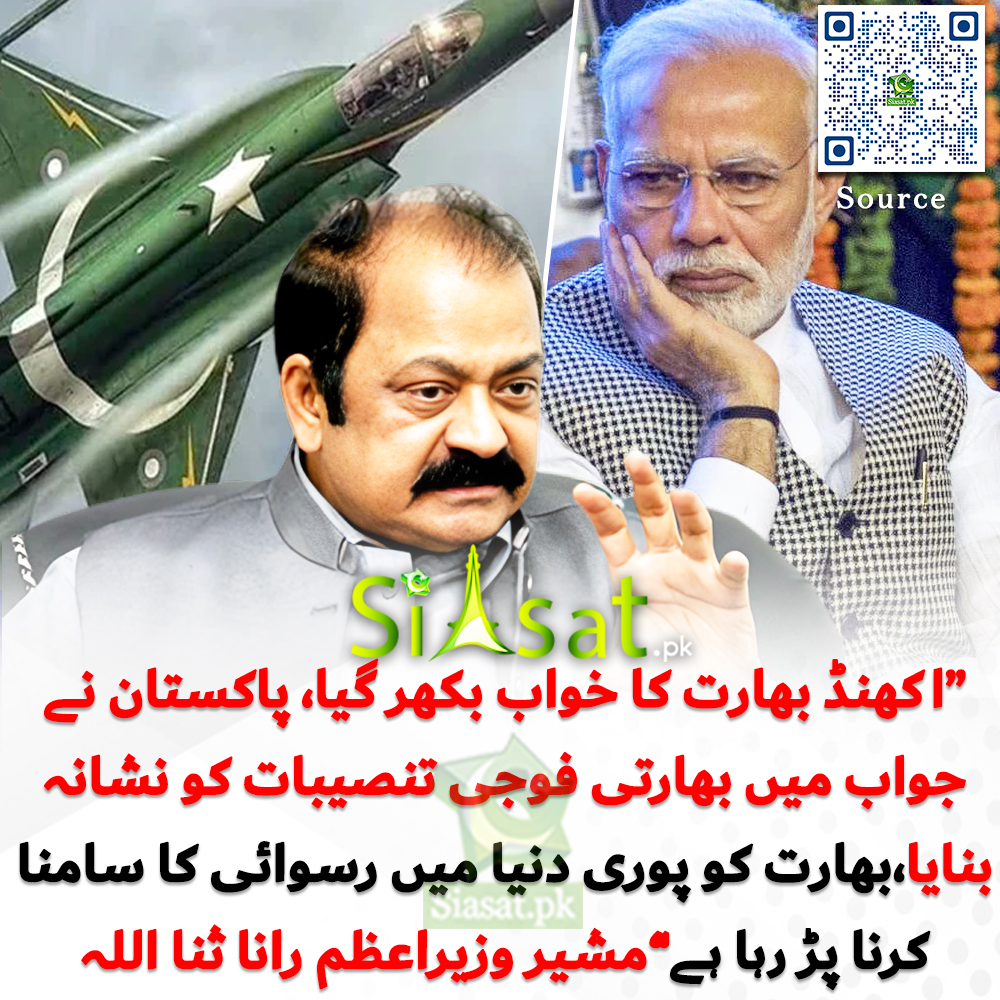canadian
Chief Minister (5k+ posts)
Canada's spat with U.A.E. risks key alliance: Wikileaks cables
Published On Mon Jan 24 2011
 A dispute that started last summer over visas and air access has cost Canada the use of an U.A.E. airbase, meant headaches for Canadian travellers and put trade at risk. (July 29, 2008.)
A dispute that started last summer over visas and air access has cost Canada the use of an U.A.E. airbase, meant headaches for Canadian travellers and put trade at risk. (July 29, 2008.)
Aziz Shah/AP FILE PHOTO
Bruce Campion-Smith Ottawa Bureau chief
OTTAWAUnited Arab Emirates, an Arab nation whose loyalty Ottawa now questions, sent more than 200 special forces soldiers to serve alongside coalition troops in Kandahar and pledged millions of dollars for reconstruction in Afghanistan, new documents show.
While Canada openly squabbles with the tiny Persian Gulf nation, U.S. diplomatic notes make clear that Washington sees the U.A.E. as a trusted and vital partner in a rough and unforgiving neighbourhood.
The U.S. enjoys strong defence cooperation with the U.A.E., working together in key aspects of the war on terror, the cable says.
It praises the U.A.E. for helping out in every trouble spot in the region, as well as providing vital support for the U.S. military, with air force flights using air bases around Dubai and American warships visiting the countrys ports more than 400 times a year.
The U.S. diplomatic cables, revealed by WikiLeaks, highlight the strategic value of U.A.E. as a moderate Arab nation willing to lend unsung support to Western nations.
But they also drive home just how much Canada has put at risk in its dispute with the nation a dispute that started last summer over visas and air access and has since cost Canada the use of an U.A.E. airbase, meant headaches for Canadian travellers and put trade at risk.
Relations were warmer in early 2007 when Canada helped broker the countrys unique, and politically sensitive, contribution of soldiers to fight alongside coalition forces in Afghanistan.
At the time, Canada was negotiating with the U.A.E. to send 130 soldiers to Kandahar, mostly likely to the region around Spin Boldak near the Pakistan border, a Canadian official told representatives of the North Atlantic Treaty Organization.
In addition, the Emirates will provide up to $30 million of development aid for Kandahar, for mosques, schools and health clinics, according to a summary of the February 2007 meeting prepared by the Americans.
A September 2007 cable confirms that the U.A.E. sent 250 special operations soldiers to serve alongside coalition troops. U.A.E. wanted its troops to get exposure to combat so they may effectively confront imported or domestic extremism when called upon to do so back home, the U.S. memo said.
The U.A.E. also discussed a contribution of another 150 regular soldiers with South African-built armoured personnel carriers to work directly with Canadian forces. Its not known whether that contribution became a reality since the U.A.E. embassy in Ottawa did not respond to a request for comment.
However, its not been a topic the Emiratis have been keen to discuss in the past. Even at the time, U.A.E.s direct involvement in the ground war was sensitive and the U.S. cables note that the government has not yet publicly acknowledged this participation.
But behind the scenes, U.A.E.s commitment of troops and aid for Afghanistan as well as diplomatic outreach to Pakistan warrants our frequent expressions of appreciation, the U.S. cable says.
Cooperation with the U.A.E. has been excellent, the memo says, praising the consistently reliable support at seaports and airbase.
That used to be Ottawas view, too until last summers diplomatic row.
For years, the Canadian military depended on the U.A.E. as well, using the Minhad airbase near Dubai as the staging point for troops and supplies headed into Afghanistan. And Canadian warships made 60 visits to ports in U.A.E. since 2001.
But the U.A.E. was frustrated with Ottawas refusal to allow U.A.E. airlines to fly more flights to Canada and after negotiations last year went nowhere, the Emiratis refused to allow continued use of the Minhad airbase.
Since then, the dispute has escalated with the U.A.E. slapping costly new visa requirements on Canadian visitors and Harper government officials accused the U.A.E. of blackmail. It even prompted Prime Minister Stephen Harper to openly question the U.A.E.s value as a strategic partner.
Thats just not how you treat allies, and I think it tells us you better pick your friends pretty carefully in the future, he told the QMI Agency earlier this month.(http://www.thestar.com/news/canada/...ith-u-a-e-risks-key-alliance-wikileaks-cables)
Published On Mon Jan 24 2011
- Share14 http://www.addthis.com/bookmark.php...enSearch&q=Bruce%20Campion-Smith&r=all:1&tt=0http://www.addthis.com/bookmark.php...enSearch&q=Bruce%20Campion-Smith&r=all:1&tt=0http://www.addthis.com/bookmark.php?v=250&pub=thestarRss

Aziz Shah/AP FILE PHOTO
Bruce Campion-Smith Ottawa Bureau chief
OTTAWAUnited Arab Emirates, an Arab nation whose loyalty Ottawa now questions, sent more than 200 special forces soldiers to serve alongside coalition troops in Kandahar and pledged millions of dollars for reconstruction in Afghanistan, new documents show.
While Canada openly squabbles with the tiny Persian Gulf nation, U.S. diplomatic notes make clear that Washington sees the U.A.E. as a trusted and vital partner in a rough and unforgiving neighbourhood.
The U.S. enjoys strong defence cooperation with the U.A.E., working together in key aspects of the war on terror, the cable says.
It praises the U.A.E. for helping out in every trouble spot in the region, as well as providing vital support for the U.S. military, with air force flights using air bases around Dubai and American warships visiting the countrys ports more than 400 times a year.
The U.S. diplomatic cables, revealed by WikiLeaks, highlight the strategic value of U.A.E. as a moderate Arab nation willing to lend unsung support to Western nations.
But they also drive home just how much Canada has put at risk in its dispute with the nation a dispute that started last summer over visas and air access and has since cost Canada the use of an U.A.E. airbase, meant headaches for Canadian travellers and put trade at risk.
Relations were warmer in early 2007 when Canada helped broker the countrys unique, and politically sensitive, contribution of soldiers to fight alongside coalition forces in Afghanistan.
At the time, Canada was negotiating with the U.A.E. to send 130 soldiers to Kandahar, mostly likely to the region around Spin Boldak near the Pakistan border, a Canadian official told representatives of the North Atlantic Treaty Organization.
In addition, the Emirates will provide up to $30 million of development aid for Kandahar, for mosques, schools and health clinics, according to a summary of the February 2007 meeting prepared by the Americans.
A September 2007 cable confirms that the U.A.E. sent 250 special operations soldiers to serve alongside coalition troops. U.A.E. wanted its troops to get exposure to combat so they may effectively confront imported or domestic extremism when called upon to do so back home, the U.S. memo said.
The U.A.E. also discussed a contribution of another 150 regular soldiers with South African-built armoured personnel carriers to work directly with Canadian forces. Its not known whether that contribution became a reality since the U.A.E. embassy in Ottawa did not respond to a request for comment.
However, its not been a topic the Emiratis have been keen to discuss in the past. Even at the time, U.A.E.s direct involvement in the ground war was sensitive and the U.S. cables note that the government has not yet publicly acknowledged this participation.
But behind the scenes, U.A.E.s commitment of troops and aid for Afghanistan as well as diplomatic outreach to Pakistan warrants our frequent expressions of appreciation, the U.S. cable says.
Cooperation with the U.A.E. has been excellent, the memo says, praising the consistently reliable support at seaports and airbase.
That used to be Ottawas view, too until last summers diplomatic row.
For years, the Canadian military depended on the U.A.E. as well, using the Minhad airbase near Dubai as the staging point for troops and supplies headed into Afghanistan. And Canadian warships made 60 visits to ports in U.A.E. since 2001.
But the U.A.E. was frustrated with Ottawas refusal to allow U.A.E. airlines to fly more flights to Canada and after negotiations last year went nowhere, the Emiratis refused to allow continued use of the Minhad airbase.
Since then, the dispute has escalated with the U.A.E. slapping costly new visa requirements on Canadian visitors and Harper government officials accused the U.A.E. of blackmail. It even prompted Prime Minister Stephen Harper to openly question the U.A.E.s value as a strategic partner.
Thats just not how you treat allies, and I think it tells us you better pick your friends pretty carefully in the future, he told the QMI Agency earlier this month.(http://www.thestar.com/news/canada/...ith-u-a-e-risks-key-alliance-wikileaks-cables)


